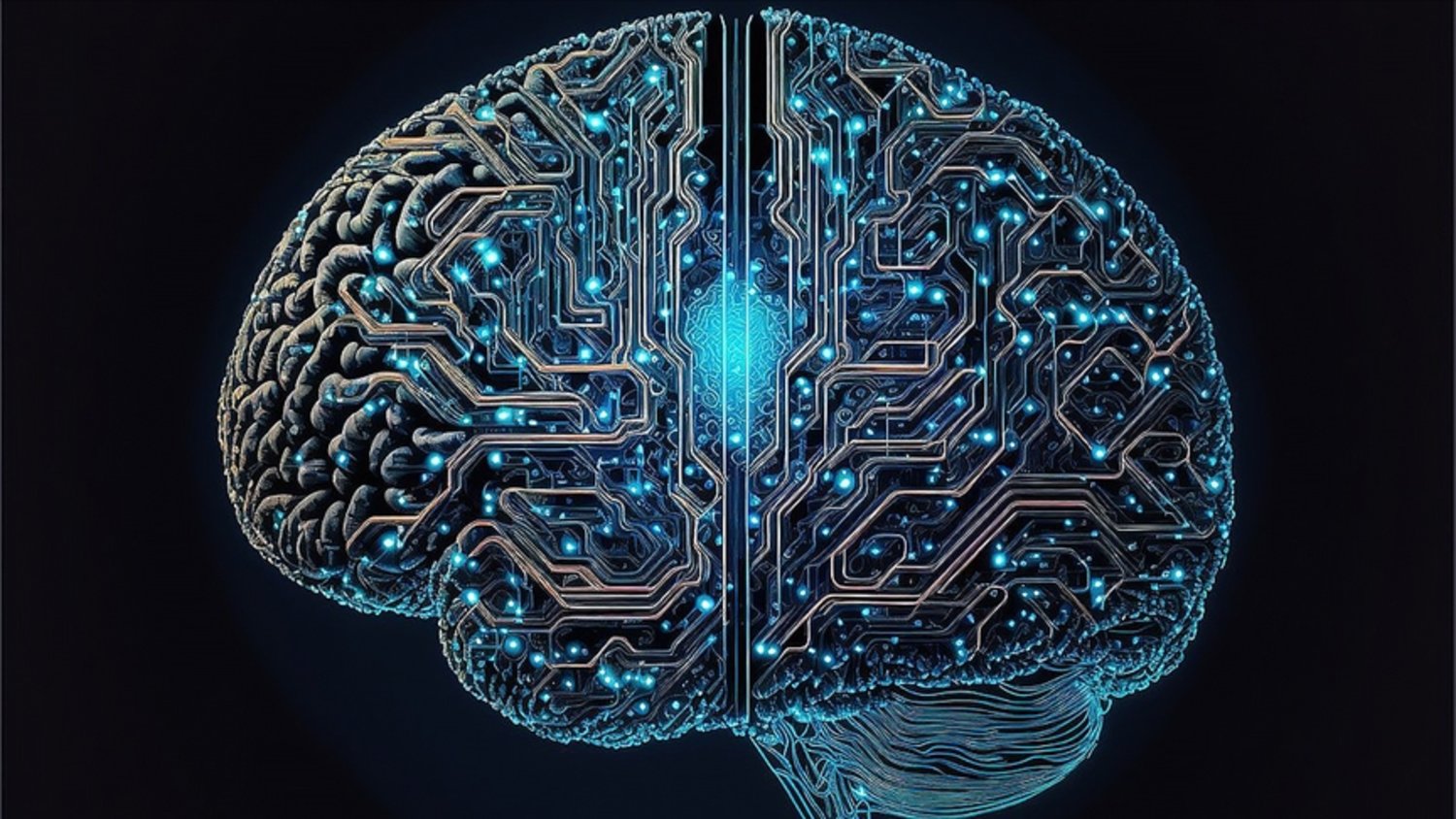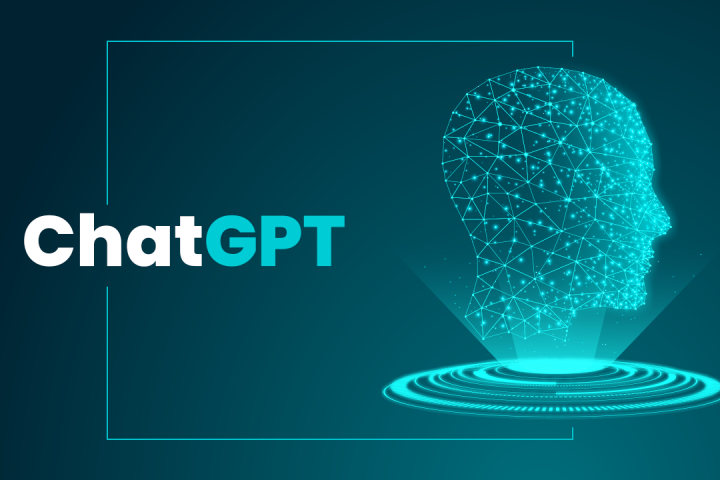The European Parliament (EP) has set out the content of new legislation that will impose strict rules on various artificial intelligence technologies such as ChatGPT.
At the EP Plenary session in Strasbourg, the draft law containing the first rules on artificial intelligence in Europe was discussed.
MEPs adopted the document, which sets out the EP’s position in negotiations with member states on artificial intelligence law, with 499 “Yes” and 28 “No” votes.
Accordingly, artificial intelligence systems will have to be supervised by humans, non-discriminatory, safe, transparent and environmentally friendly.
A risk-based approach will be applied to artificial intelligence. Depending on the level of risk that artificial intelligence may pose, the rules will become stricter.
AI systems that pose an “unacceptable” risk to human safety will be banned. This will include AI systems that classify people based on their social behavior or personal characteristics.
The use of real-time remote biometric identification systems in public places will also be banned.
Biometric classification systems that use various sensitive characteristics such as gender, race, ethnicity, citizenship status, religion, political orientation, profiling, police systems based on location or past criminal behavior, emotion identification systems in law enforcement agencies, border administrations, workplaces and educational institutions, and the establishment of databases from the internet or closed-circuit camera systems to create facial recognition databases will be prohibited.
The classification of high-risk artificial intelligence will be expanded to include harm to people’s health, safety, fundamental rights or the environment.
The use of AI systems to influence voters in political campaigns will be categorized as high risk. The systems used by major social media platforms with over 45 million users will also be included in the high-risk list and will be subject to strict rules.
– ChatGPT
Systems like ChatGPT will need to comply with additional transparency rules. These systems will need to make it clear that content is generated by artificial intelligence.
The systems will be designed to prevent the production of illegal content.
Negotiations between EU member states and the EP under the approved negotiating mandate will start today. Legislative negotiations are expected to be completed by the end of this year.
After the EU institutions agree on a common legal text, the law will be published in the EU Official Journal and enter into force.
The EU does not yet have a regulation on ChatGPT or similar artificial intelligence systems, but the EU Commission prepared the first legislative proposal on artificial intelligence 2 years ago, including a new framework of rules on artificial intelligence, and submitted it to member states and the EP.
This proposal introduced a number of restrictions and transparency rules on the use of AI systems.
In the Commission’s legislative proposal, artificial intelligence systems were divided into 4 main groups: unacceptable risk, high risk, limited risk and minimum risk.
On the other hand, the EU last week asked tech companies to put identifying labels on text and images produced by AI.
In addition, ahead of the entry into force of the AI law, the EU Commission is working on a voluntary agreement with the participation of all companies working in the field of artificial intelligence that will bring new rules to this field. This voluntary agreement is planned to be implemented until the AI law comes into force.





